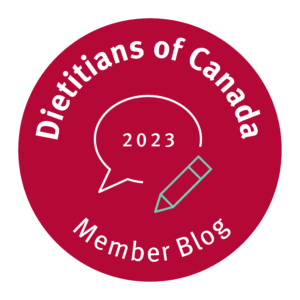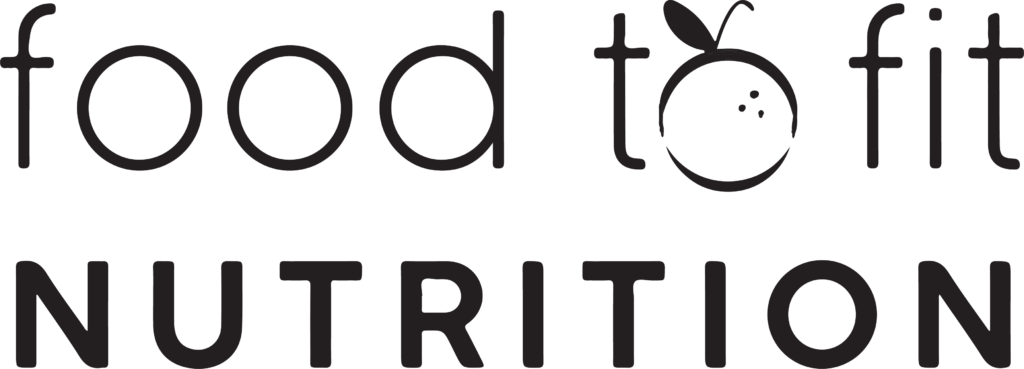
Supporting Someone with an Eating Disorder
Written by Lauren Elder, Nutrition Student; Edited by Amanda Geradts, Sydney Wright, and Brooke Bulloch (RDs)
It can be difficult to watch someone you care about struggle with an eating disorder. Eating disorders are more than changes in eating and exercise habits – they are complex mental illnesses with multiple underlying factors. While the condition disrupts eating behaviours, it can stem from distorted body image, a history of trauma, perfectionism, genetics, stress, or a sense of lack of control in one’s life.
Friends, family, and loved ones play a critical role in the prevention and recovery of eating disorders. Recovery can be long, challenging, and complicated for both the individual struggling and the families. This post explores 5 ways that you can support someone with an eating disorder.
Eating disorders affect people of all ages, races, genders, and ethnicities.
According to the National Eating Disorder Information Centre (NEDIC), in 2020, Canada had more than 1 million people diagnosed with eating disorders. However, many people who struggle with disordered eating don’t receive a diagnosis – they either don’t seek help, or they don’t fit the narrow diagnostic criteria for eating disorders. With that, about 10-15% of eating disorders are fatal, placing the mortality rate higher than any other mental illness. Learn more about warning signs of disordered eating.
Here are 5 ways you can support someone struggling with, or recovering from an eating disorder:
1)Avoid commenting on their body size, shape, or body changes.
While commenting on someone’s body may be well-intentioned, you can’t know for sure what narratives you are reinforcing by drawing attention to one’s physical appearance. Commenting on body size, shape, or changes can be enough to trigger or validate disordered behaviour(s), encouraging their continuation. Instead, emphasizing their personality and skills lets the person know their value is not tied to physical appearance or weight.
2) Avoid commenting negatively on your own body or other bodies.
People with eating disorders can be hyper-aware of other people’s bodies and how others’ look in clothes. Commenting negatively on your own body or other people’s bodies perpetuates body comparison, self-doubt, self criticism, and fixation on food or the body. It is impossible to know everyone’s relationship with food and their body. So, even if you do not know anyone with an eating disorder, eliminating negative body talk is the best way to avoid unintentional harm to others. Instead, engage in positive self-talk or practice being neutral towards your own or others’ bodies.
3) Avoid weighing, measuring, or restricting food in your own diet.
Controlling the type and the amount of food can be a way of seeking control in a person’s life. Some of the most difficult aspects of recovery for someone with an eating disorder is eliminating tools used to weigh or measure food, and eating foods that were feared or forbidden. Thus, weighing, measuring, or restricting food intake around someone with an eating disorder can make it difficult to overcome their food fixations, and to eat enough. Instead, make a conscious effort to exhibit a healthful eating pattern that includes:
- Eating regularly;
- Role modeling a balanced plate of proteins, grains/starches, and fruit/vegetables;
- Listening to your own body’s hunger and fullness cues; and
- Protecting your loved one from observing your own dieting behaviours.
This can be a challenge for family members who struggle with their own health or body image. Don’t hesitate to reach out for support from a dietitian.
4) Use neutral language to describe food.
Referring to foods as “good”, “bad”, “clean”, “junk” and even “unhealthy” attaches moral value to food and can reinforce a person’s fear and shame around food. When food is moralized, individuals can associate the food they eat with self-worth, which can trigger restriction, binging, and/or purging behaviours. Referring to foods neutrally helps to remove the shame and guilt that the person may associate with eating certain foods. It can be tricky to stop referring to foods with these sentiments when the language is so common. Remind yourself that food does not have its own set of morals. Food is food – a cupcake is a cupcake, carrots are carrots, and pasta is pasta. All food serves a purpose in our lives.
5) Listen to your loved one.
Listening is one of the most important things you can do to support someone with an eating disorder. Knowing you are there to listen, non-judgementally, helps someone feel less alone. Validate the person’s experience even though you may not be able to relate, and try to understand the person’s perspective. Your role is to offer support not advice – the rest is up to the licensed professionals on the care team.
A team approach is vital to eating disorder recovery. A large part of this team includes the role of family, or those involved in the person’s home-life. Eating disorders are nobody’s fault, but we hope the above suggestions invite curious reflection and self compassion while adjustments are made.
Reach out to one of our eating disorder dietitians – Dayna, Sydney, or Amanda – if you’re in need of further support.
LET'S STAY IN TOUCH
Join our mailing list
Join our newsletter for more non-diet content including practical nourishment, recipes, nutrition myth-busting, and weight inclusive well-being.
Curiosity, self-compassion, food peace. Nutrition assessment, planning, and monitoring + food relationship counseling.
Food to Fit Locations:
#203, 2445 Broad Street
Regina, Saskatchewan
1124 8th Street East
Saskatoon, Saskatchewan
